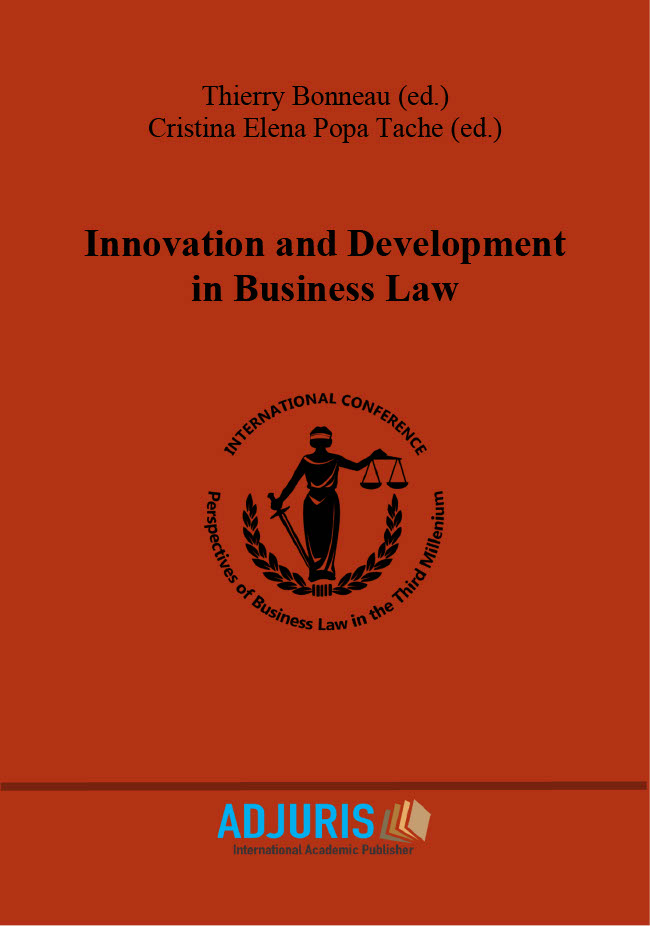Blue Laws. A Perspective on International and Domestic Laws Related to Blue Economy and Need for Harmonization of Laws as ‘Blue Laws’ to Facilitate Protection and Promotion of Marine Environment and Maritime Trade
Blue Laws. A Perspective on International and Domestic Laws Related to Blue Economy and Need for Harmonization of Laws as ‘Blue Laws’ to Facilitate Protection and Promotion of Marine Environment and Maritime Trade
Author(s): Raj Harsh Pathak
Subject(s): International Law, Law on Economics
Published by: Societatea de Stiinte Juridice si Administrative
Keywords: blue economy; blue laws; maritime trade; marine environment; sustainability;
Summary/Abstract: As per the World Bank, blue economy is the "sustainable use of ocean resources for economic growth, improved livelihoods, and jobs while preserving the health of ocean ecosystem." European Commission defines it as, ”all economic activities related to oceans, seas and coasts”. The Blue economy is an emerging sector with opportunities and therefore, needs a harmonised public and private laws at national and international level. This paper is based on author’s proposal for dedicated laws and harmonisation of laws at domestic and international level though a unified and codified common law as “Blue Laws” and dedicated institutional framework for its regulation and development for sustainable development of marine, industrial and coastal ecosystem. As “Blue Laws” for “Blue Economy” is an emerging concept which encourages better stewardship of our ocean or blue ressources through laws balancing economy and environment. The blue economy goes beyond viewing the ocean economy solely as a mechanism for environmental concern and economic growth. In the business-as-usual model, large-scale industrial nations have seen the development of their ocean economies through the exploitation of maritime and marine resources – for example through shipping, commercial fishing, marine -agriculture, tourism, education, heritage and the oil, gas, minerals and mining industries - often without a view to the effects their activities have on the future health or productivity of those same resources. As same water resource has different regulatory framework due to different costal states, requires unification with harmonisation with international laws. The establishment and development of effective legal, regulatory and institutional frameworks for the blue economy as ‘Blue Laws’ are crucial steps toward structuring and guiding its growth and opportunity. The existing Legal, regulatory, and institutional frameworks require thorough review in order to understand the blue economy’s institutional environment, identify existing gaps, and take advantage of collaborative synergies to establish a common code as ‘Blue Laws’. Similar to the “Green Laws”, the “Blue Laws” on welfare legislation model aims for improvement of human well-being, trade opportunities and socio-economic equity, while significantly reducing environmental risks and ecological scarcities for the global community. The United Nations Sustainable Development Goals (SDGs), especially SDG14 life below water, recognises the requirement for ambitious, coordinated actions to sustainably manage, protect and preserve our ocean, for the sake of present and future generations, further strengthening the concept of “Blue Laws”.
Book: Innovation and Development in Business Law
- Page Range: 354-360
- Page Count: 7
- Publication Year: 2021
- Language: English
- Content File-PDF

